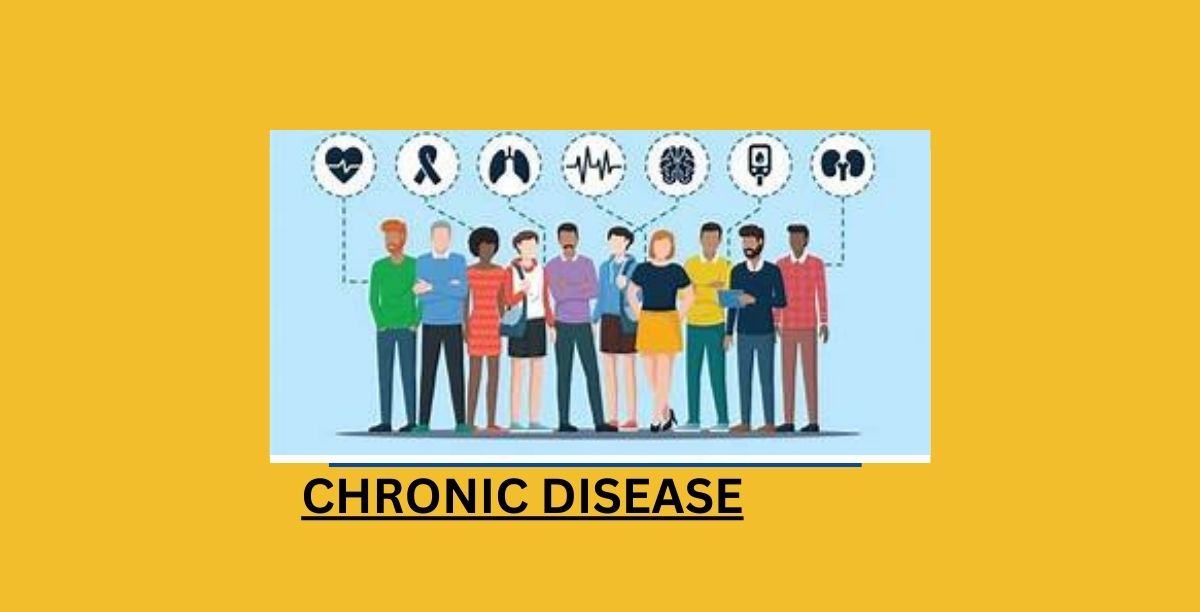A chronic illness (such diabetes, asthma, or heart disease) that keeps coming back or persists for a long time A long-lasting medical ailment juvenile obesity, which far too frequently results in long-term conditions like diabetes and hypertension.
Instead of using the word “cure,” most doctors prefer to refer to cancer as a chronic illness. Remission, or the inability to detect cancer, is the aim of treatment.
Over 2,200 physicians in the area freely gave uninsured people free medical care, including chronic illness management, chemotherapy, and surgery.
causes of chronic diseases
In America, chronic diseases are the main cause of sickness, incapacity, and mortality. A small number of risk factors, including smoking, eating poorly, not exercising, and drinking too much alcohol, are responsible for the majority of chronic diseases. Certain groups are more impacted than others due to circumstances that restrict their capacity to make wise decisions.
Management
Managing your chronic diseases requires taking the prescribed amount at the prescribed time and in the prescribed manner. Keep an eye on your health at home. Regular blood pressure, blood sugar, and other health statistics checks are part of certain treatment strategies. Make sure you follow your regimen and notify your physician if something seems off.
Methods and techniques for prevention
Give up smoking
Even for long-term smokers, quitting smoking (or never starting) reduces the risk of major health issues, including heart disease, cancer, type 2 diabetes, lung disease, and early mortality.
Consume healthily
Consuming a balanced diet can help manage and avoid heart disease, type 2 diabetes, and other chronic illnesses. Variety in fruits, vegetables, whole grains, lean protein, and low-fat dairy products are all part of a healthy, balanced diet, which also places restrictions on sodium, saturated fats, and added sugars.
Engage in Regular Exercise
Getting regular exercise can help you manage, postpone, or avoid chronic illnesses. Aim for 150 minutes or more of moderate-intensity physical exercise per week, including two days of muscle-strengthening activities such as brisk walking or gardening.
Cut Back on Alcohol
Overindulgence in alcohol use can eventually result in hypertension, different types of cancer, heart attacks, strokes, and liver damage. Limiting your alcohol intake can help lower these health hazards.
Get Examined
Make routine preventive care visits to your dentist and doctor to avoid or detect chronic diseases early.
Observe Good Dental Health
Millions of Americans suffer from pain and incapacity as a result of oral disorders, which can range from gum disease and cavities to oral cancer. Brush with fluoride toothpaste twice a day, floss daily, and drink fluoridated water to help prevent these issues. Even if you wear dentures or have no natural teeth, you should still see your dentist at least once a year.
Make Enough Time for Sleep
Obesity, depression, diabetes, heart disease, and poor management of these conditions have all been related to inadequate sleep. Adults ought to sleep for at least seven hours per day.
Understanding Your Family’s Past
You may be more prone to get a chronic illness yourself if you have a family history of it, such as diabetes, osteoporosis, cancer, or heart disease. Tell your doctor about any family medical history so they can assist you in taking preventative measures or early detection of these problems.






